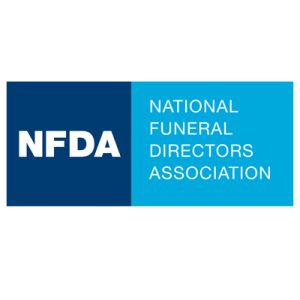The Federal Trade Commission has ordered Anthony Joseph Damiano and his funeral service companies — Funeral & Cremation Group of North America and Legacy Cremation Services (doing business as Heritage Cremation Provider, Evergreen Funeral Home and Crematory, and Carolina Central Crematory) — to pay civil penalties and abide by strict requirements on how they communicate with customers to resolve a lawsuit filed on behalf of the FTC by the U.S. Department of Justice.
The DOJ and FTC filed their complaint against Damiano and his companies in April 2022, alleging that they misrepresented their location, leading consumers to believe they were a local provider, advertised deceptively low prices, illegally threatened and failed to return cremated remains to bereaved consumers, and failed to provide disclosures required by the Funeral Rule.
“Lying to consumers about critical information, including price and location of services when they are dealing with the loss of a loved one, is outrageous and illegal,” said Samuel Levine, Director of the FTC’s Bureau of Consumer Protection. “Our actions in this case show the FTC’s commitment to enforcing the Funeral Rule to protect consumers and honest funeral homes.”
The complaint alleged that the defendants claimed to be local funeral or cremation providers when speaking with customers, failing to disclose that the services would be contracted to a third party, sometimes hours away from loved ones. The complaint also alleged that, when consumers were presented with undisclosed fees and higher prices, the defendants, in some cases, withheld the remains of their loved ones to extract payment.
The proposed court order, which was agreed to by the defendants in the case, would require the defendants to:
- Share important info on their website: The order requires the defendants to disclose key facts on their website, including their actual physical location and a general price list, as well as a notice when funeral goods or services will be provided by a third-party company not owned by the defendants.
- Disclose their price list upfront: The defendants are required to provide consumers with a general price list either during or immediately after their first interaction with a consumer about funeral goods or services, whether online or by telephone, and before any discussion of price occurs.
- Provide info on third parties: The order requires the defendants to give consumers the name, address, and contact information for any third-party provider that will provide funeral goods or services.
- Pay a civil penalty: The order requires the defendants to pay $275,000 in civil penalties.
Chris Farmer, NFDA General Counsel, noted that this is an agreed order that the Defendants and the FTC agreed to and are asking the Court to enter. “Therefore, this order does not set a precedential interpretation of the Funeral Rule or any other law as it currently exists, and it does not apply to any other funeral provider other than defendants.”
He added that the order imposes restrictions on defendants that far exceed the requirements of the Funeral Rule as it currently exists.
“While we are glad that the FTC is able to crack down on behavior that has marred the funeral service profession for years, whether it is intentionally vague drafting or an unawareness of the implications of the language employed, there are some elements of the Order which I am concerned might have farther reaching consequences,” Farmer said. “I am still digesting the Order and considering its effects and will have more analysis for NFDA’s members next week; however, I anticipate we will see many, if not all, of these elements in a revised Funeral Rule in the future.”
The Department of Justice filed the order and civil penalty judgment on behalf of the Commission in the U.S. District Court for the District of Florida.
Of note, consent judgments have the force of law when approved and signed by the District Court judge.







